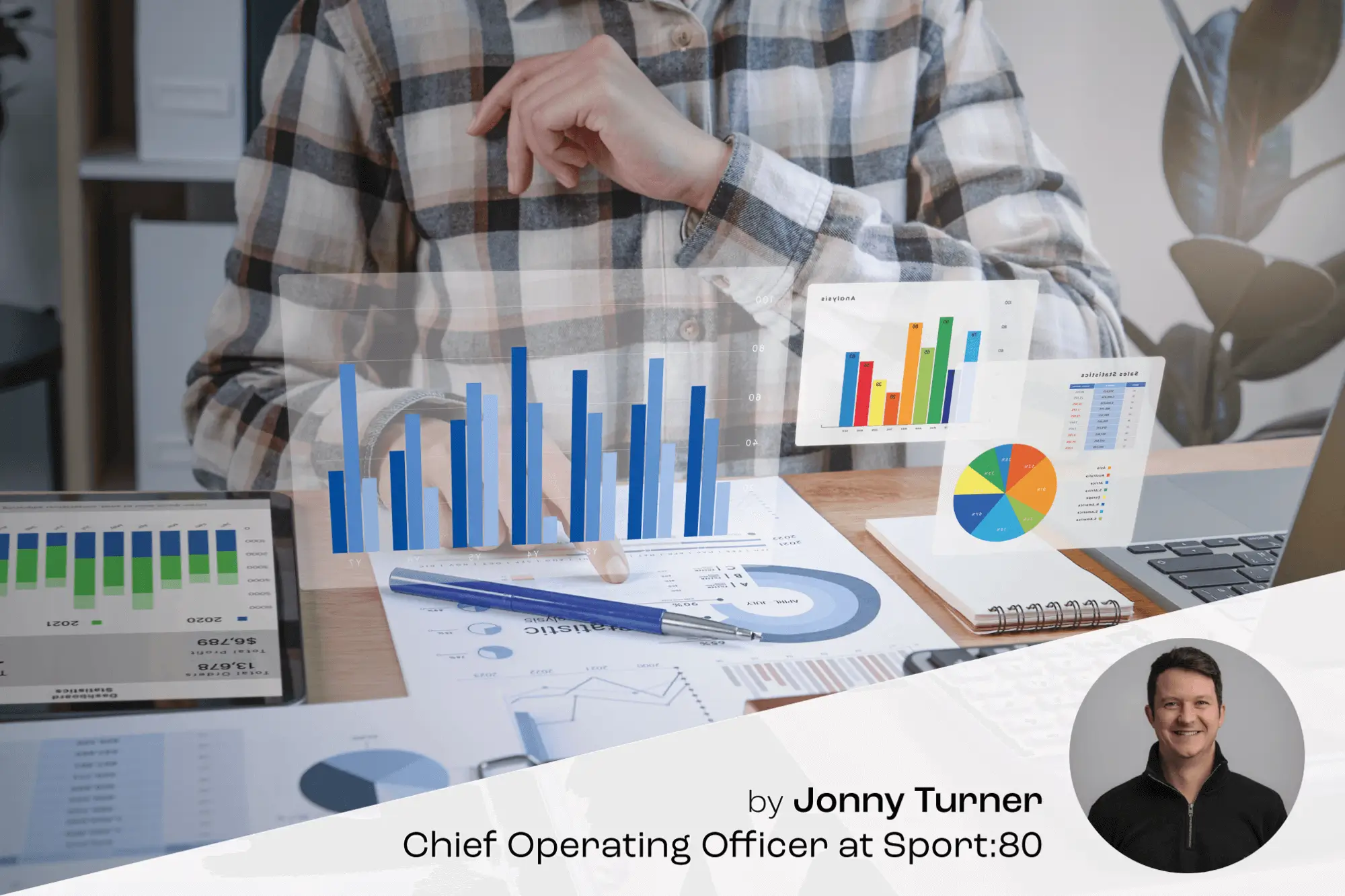To realise value from data, one thing is for sure, you have to own it (literally and metaphorically!).
In the ten plus years that I’ve been working with National Governing Bodies of Sport (NGBs), data ownership has always been a hot topic.
Data holds such significance for NGBs, providing the insight to increase engagement, participation, and just as importantly, revenue. So, it’s no surprise that NGBs want to have their affairs in order when it comes to data ownership.
Sadly, I’ve experienced many NGBs that have found themselves in uncomfortable data-related situations which have halted their ability to utilise it meaningfully. This has included anything from worries about not being able to freely access and export data from their systems, and a lack of confidence in suppliers to hand over their data if they were to move away, to an absence of transparency around how their data was being used or shared, and even a handful of instances where they were unsure whether they actually owned it at all!
These issues come into our focus early in the process when an NGB is considering working with us or has already chosen to do so. Migrating the wealth of information amassed by an NGB has been a central part of the vast majority of our projects. Delivered correctly, a data migration maintains continuity when switching systems, and most importantly, ensures that NGBs retain control of a significant asset.
When going through our onboarding process, it is rare to encounter someone with data expertise or an innate understanding of the organisation’s relationship with its data. The systems in place often pre-date the people we work with and there’s an assumption that everything is above board. Once we get into the weeds, the organisation starts to get a clear picture of where they stand and it’s not always rosy.
33% of sports organisations only have one person with the appropriate knowledge of data, and 25% had no one with expertise of how to work with data, according to the Data Maturity Model by Bas Schnater and Geoff Wilson.
There is a lack of investment in data expertise in sport and we have taken on this position in part for many NGBs as a result of migrating them to the Sport:80 Platform. In order to deliver a project to the highest standards, we need to know answers to important data-related questions. We work with NGBs through data discovery early in the onboarding process, conducting an audit through some friendly interrogation.
The key areas we delve into include:
Who owns the data and how has data ownership been formalised
- How and where the data is being stored
- The volume of data that is being worked with and what requires migrating
- Determining the sensitivity of data and how it is being shared (with what third parties, if any)
- Data retention policies that are implemented including the frequency of back-ups and retention period
- Data security standards being adhered to and implemented
- The policy or process in place for you to request a copy of your data
Having a clear understanding of where your organisation stands in the context of the above areas is vital. The reality is that it should be easily answered in the pages of internal policies and a supply of services or service level agreement with your existing provider. Unfortunately that isn’t always the case and there can be many reasons why, none of them excusable.
Some of the scenarios we have experienced include rolling agreements that have no consideration of data ownership; flimsy agreements with one-man band providers; legalese masking dubious data grabbing strategies; and in some cases, a complete absence of any formal or legally binding agreement.
My number one piece of advice is to ensure that you have paperwork in place that explicitly ensures your organisation retains all rights to its data. If you are ever looking to procure technology that aggregates and keeps safe this valuable asset, then question providers intently about how they go about doing this with your best interests in mind. Use some of the areas I describe above as ammo during conversations.
Now more than ever, NGBs need to have a very clear stance on ownership and management of their data. We have always taken the relevant steps to ensure that an NGB retains ownership of its data when using our services.
We firmly believe that when an NGB has the right tools, the insight gathered from its data can play an incredibly important role in the growth of their sport.
Just be aware of opportunists looking to exploit this, given the chance.
If you are wanting to understand your organisation’s relationship with its data, I would seriously recommend completing the Data Maturity Assessment. This questionnaire was at the heart of recent research conducted by Sports Strategists, Bas Schnater and Geoff Wilson, which I have quoted above.
Additionally, if you would like to talk to myself or anyone at Sport:80 about the topics covered in this article, please get in touch. We have picked up plenty of knowledge and experience of the challenges that face NGBs when it comes to data and would be happy to share this with you.
